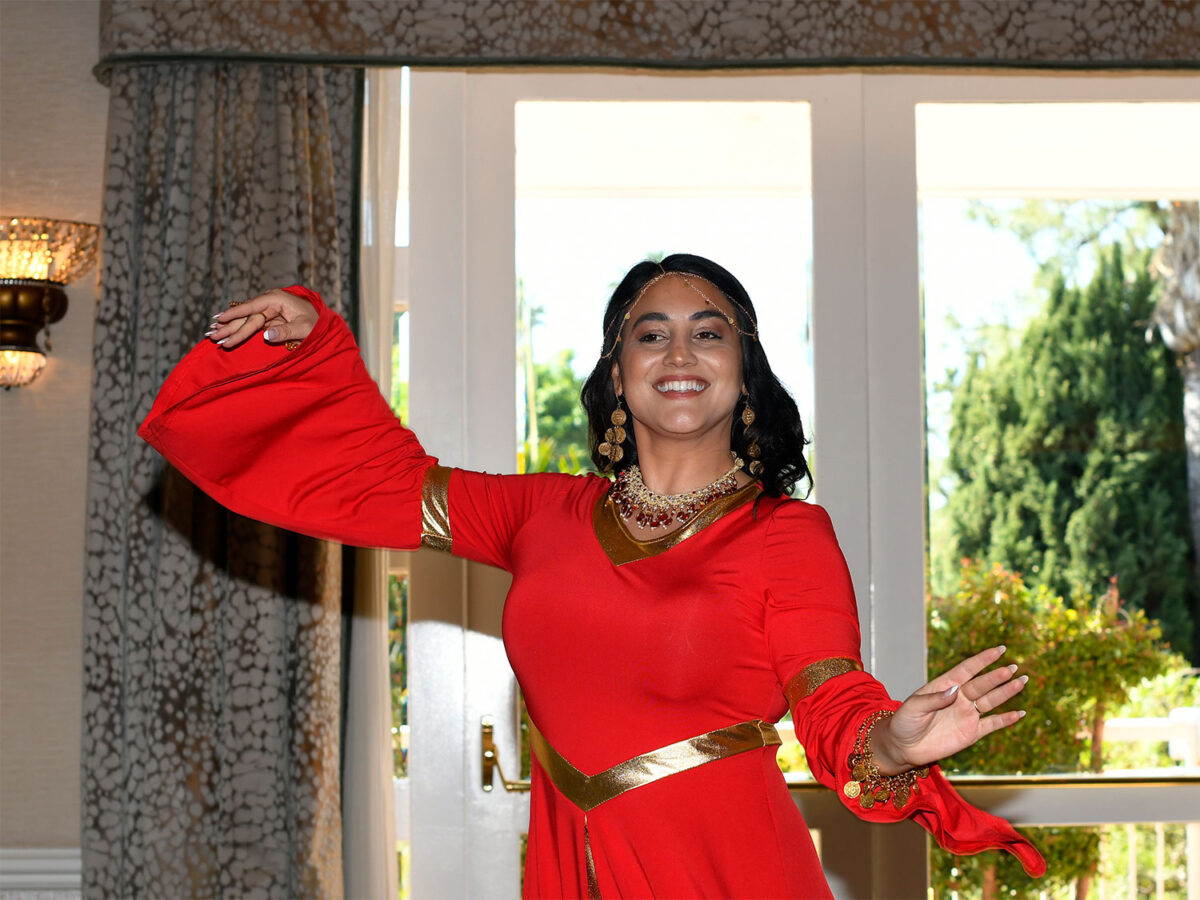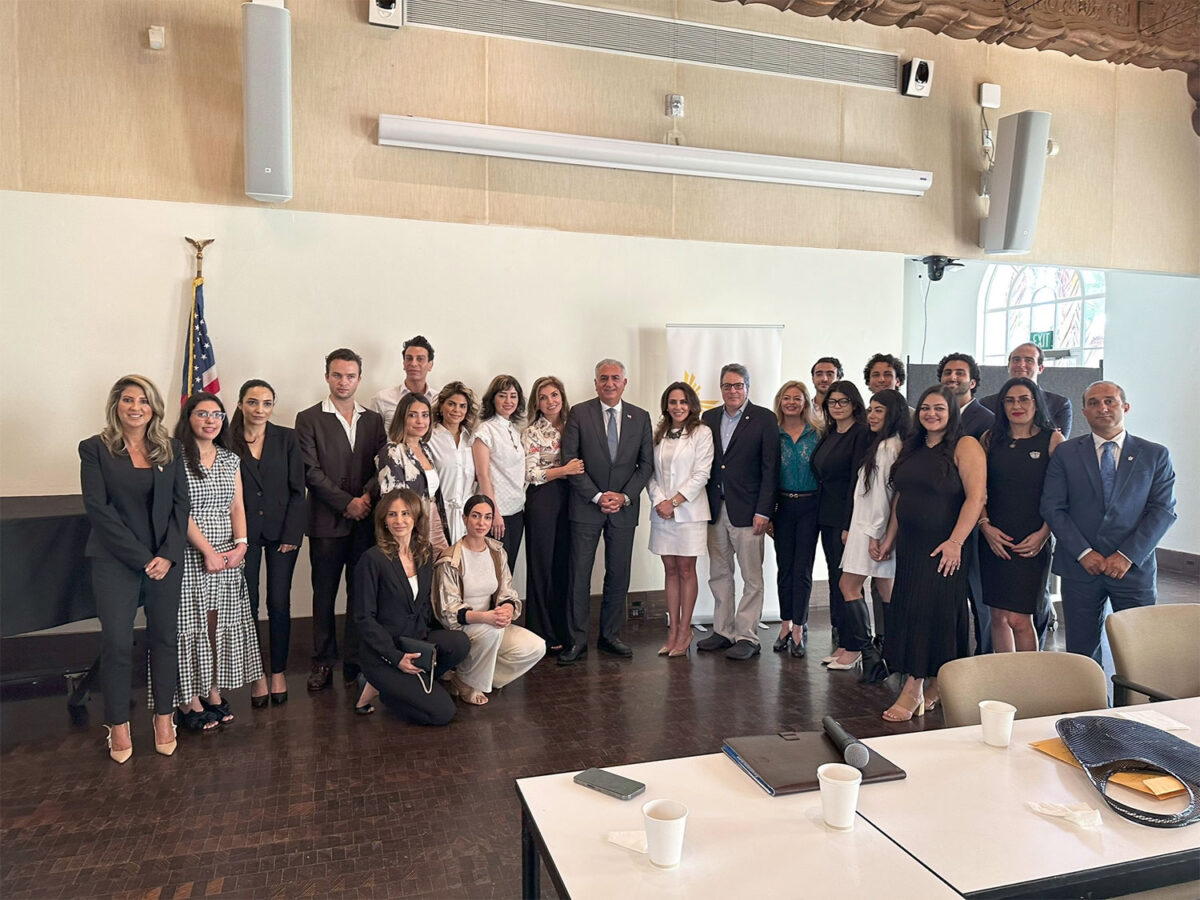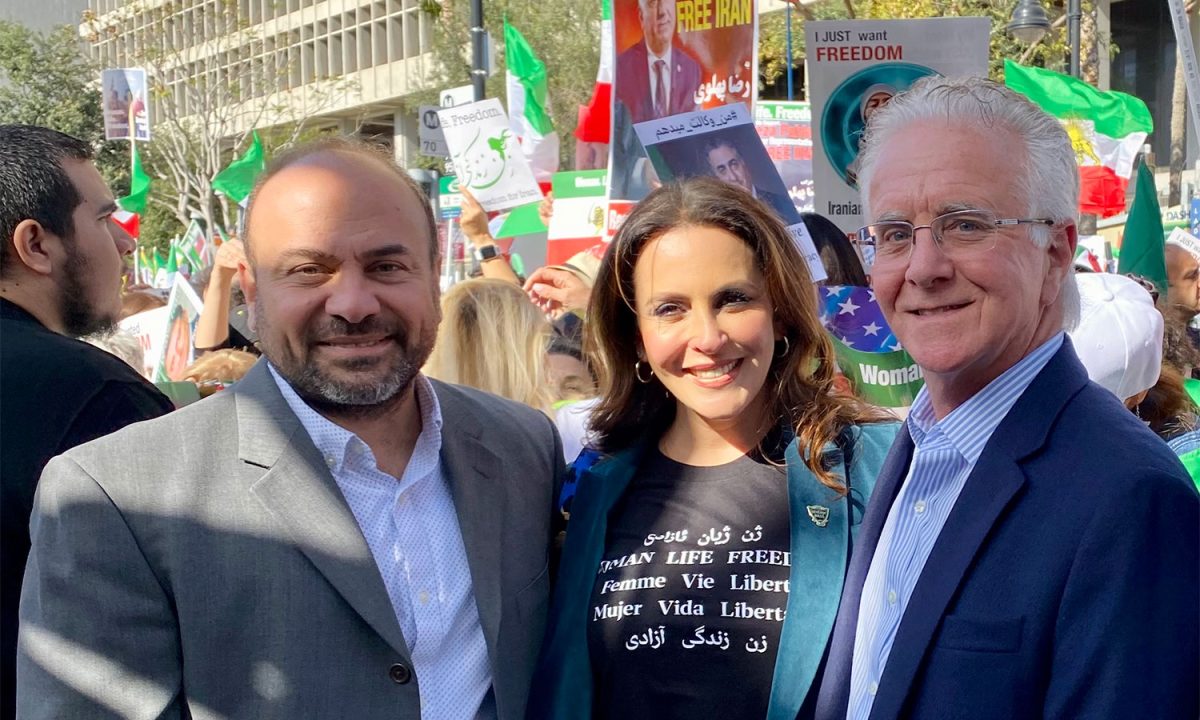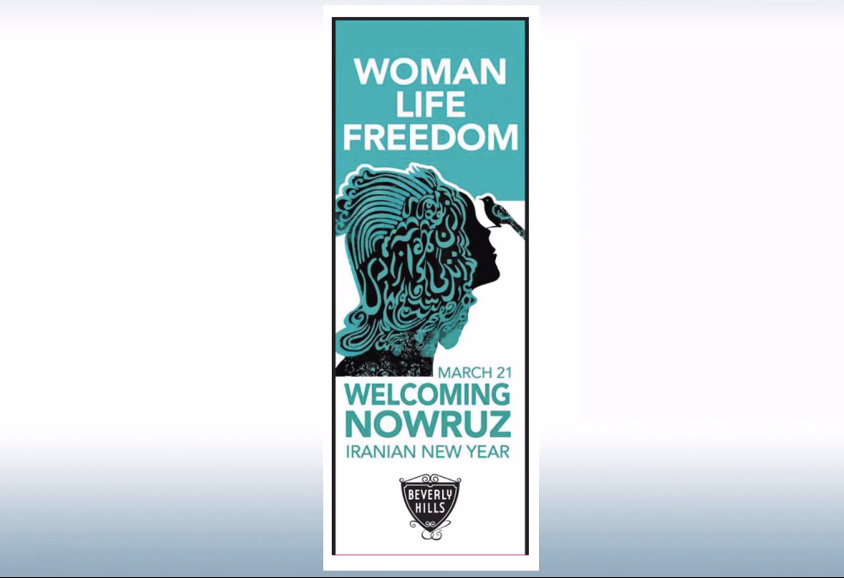The United States Holocaust Memorial Museum and IranWire.com, in cooperation with the Arsolen Archives, the world’s largest repository of information on Holocaust victims and survivors, have unveiled the latest installment of its Sardari Project. This groundbreaking initiative sheds light on Iranian victims of Nazi persecution, marking a significant stride forward in Holocaust education and remembrance. This initiative resonates deeply within Beverly Hills, a community enriched by its vibrant Iranian American population.
The Sardari Project aims to uncover and share narratives of Iranian victims of the Holocaust. Historically, Iran has denied the Holocaust and has propagated antisemitic rhetoric among its populace. By revealing these untold stories of Iranian victims, the project illuminates the diverse backgrounds that were affected by the regime, addressing a truth that many Iranians feel has been dismissed, or even denied.
Tad Stahnke, Director of International Educational Outreach at the United States Holocaust Memorial Museum, emphasized the importance of acknowledging Iran’s historical connection to the Holocaust and honoring the forgotten Iranian victims.
“Something often overlooked in mainstream Holocaust education is the countless Iranian victims and their stories that have yet to be told. Our mission is to collect these untold stories of Iranian victims of the Holocaust to expose the truth and educate young Iranians and beyond,” he told the Courier.
Among these stories are “Anne Frank: The Graphic Biography” as well as lesser-known narratives, including the tale of “The Jolly Boys,” a Polish-Jewish jazz band that found sanctuary in Iran during World War II. Additionally, the project features accounts of Polish-Jewish refugee children who were harbored in Tehran, along with the experiences of Iranian victims of the Nazis.
Presently housed within the Arolsen Archives are accounts of more than 44 Iranian victims, the majority of whom suffered imprisonment in concentration camps, forced labor and other atrocities. Among them are individuals like Aga Hassan, Toboj Magammed and Emir Farrokh Granmayeh, whose lives were permanently scarred by the horrors of Nazi rule.
Since launching in 2020, the Sardari Project has demonstrated significant success with its educational content that intertwines Iran, Iranians, and the history of the Holocaust at large. To date, the Sardari project has garnered over 13 million views across various social media platforms, primarily through IranWire, the Middle East’s largest collaborative news website.
Maziar Bahari, founder of IranWire, highlighted the project’s mission to confront hatred while fostering dialogue on the enduring lessons of the Holocaust.
“The Islamic Republic is the only regime whose leaders regularly deny the Holocaust and invest millions of dollars every year in producing Holocaust denying and antisemitic productions,” he said.
Bahari added that IranWire is the only media outlet in the Middle East to regularly produce articles, videos and other types of content about the Nazi regime and its victims.
Against a backdrop of rising antisemitism worldwide, the Sardari Project ensures that the stories of Iranian victims are not forgotten and that the lessons of the Holocaust continue to permeate across generations. By amplifying the voices of Iranian victims and survivors, they honor their memory and reaffirm the commitment to never forget. For more information visit ushmm.org and IranWire.com.







